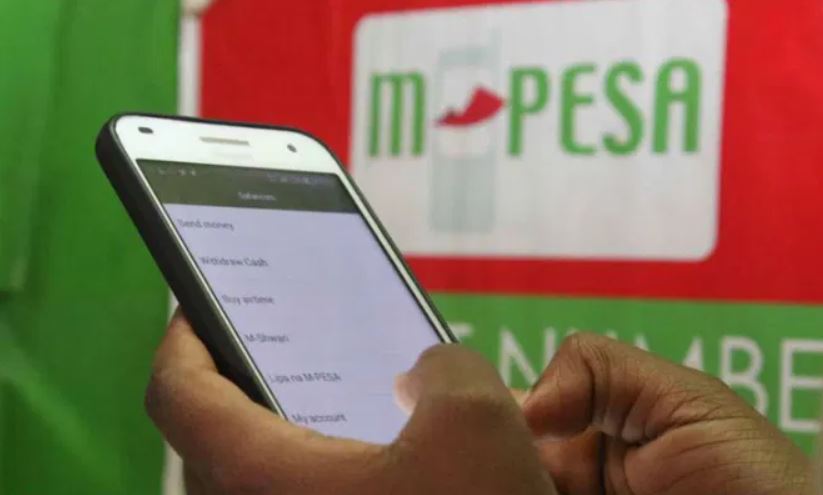×
The Standard e-Paper
Home To Bold Columnists

The free M-Pesa transactions for amounts below Sh1,000 at the height of the Covid-19 pandemic last year weighed down on Safaricom’s overall earnings for the year ended 2020.